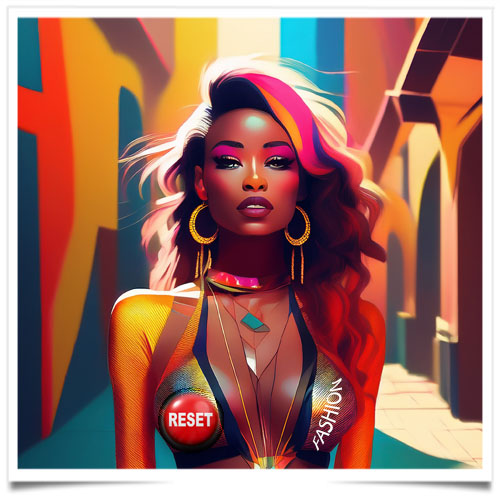 For a long time a symbol of eternity and prosperity, luxury today is facing a deep crisis. While prestigious houses still retain their aura, their model is weakened by economic, social, and cultural upheavals. Several factors explain this decline.
For a long time a symbol of eternity and prosperity, luxury today is facing a deep crisis. While prestigious houses still retain their aura, their model is weakened by economic, social, and cultural upheavals. Several factors explain this decline.
1. An excessive dependence on emerging clientele
For the past two decades, the growth of luxury has relied almost exclusively on the wealthy classes of China, Southeast Asia, and the Middle East. However, China’s economic slowdown, stricter taxes on imported products, and travel restrictions due to geopolitical tensions have curbed this demand. Houses, overexposed to these markets, are seeing their sales plummet.
2. The erosion of desire in the face of banalization
Luxury is no longer rare. Massive communication campaigns, the omnipresence of logos, and the opening of stores in every capital have turned the exceptional into a commonplace product. What was once reserved for a cultured elite is now within reach thanks to credit or online resale. As a result, symbolic value erodes, and luxury items no longer impress.
3. A crisis of creative identity
Major houses, obsessed with quarterly profitability, favor best-sellers (iconic bags, branded sneakers, derivative perfumes) over innovation. Artistic directors rotate at a frantic pace, without time to develop a coherent vision. This standardization leads to fatigue among discerning clients, who turn to independent brands, local craftsmanship, or alternative designers.
4. The new values of consumers
Younger generations prioritize experience, ethics, and sustainability over ostentatious ownership. The luxury industry struggles to reconcile tradition with environmental responsibility. The contrast is stark: on one hand, “green” marketing campaigns; on the other, overproduction of collections, intensive use of scarce resources, and persistent opacity. This gap fuels distrust.
5. Competition from new forms of prestige
Today, prestige is no longer expressed solely through a bag or a watch. Travel, wellness, technology, and even digital culture (NFTs, gaming, online influence) are redefining social status. Traditional luxury, based on material objects, is losing ground to these new forms of distinction.
Luxury is collapsing because it has betrayed its own promise: that of exception. Caught between industrial logic, loss of authenticity, and societal changes, it struggles to attract consumers seeking meaning. The future of prestige will be defined less by the shine of a logo than by the rarity of the experience, the authenticity of craftsmanship, and the ability to embody true values.
